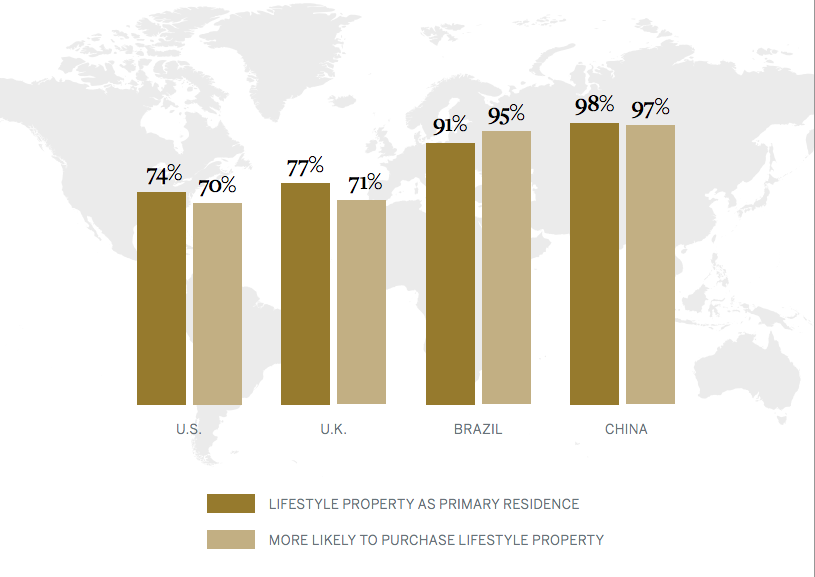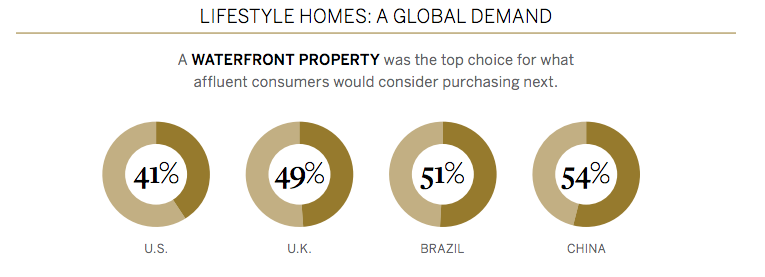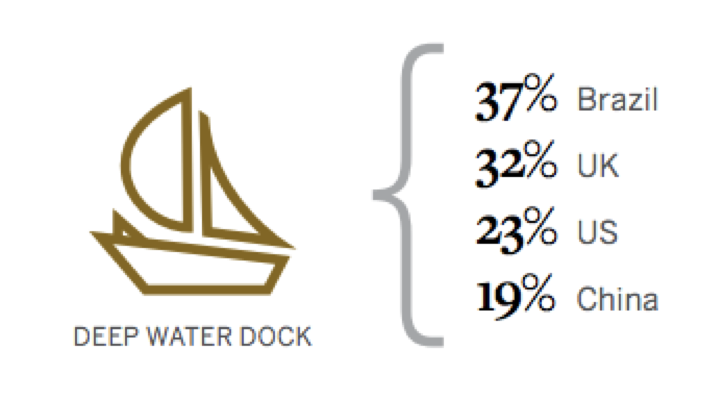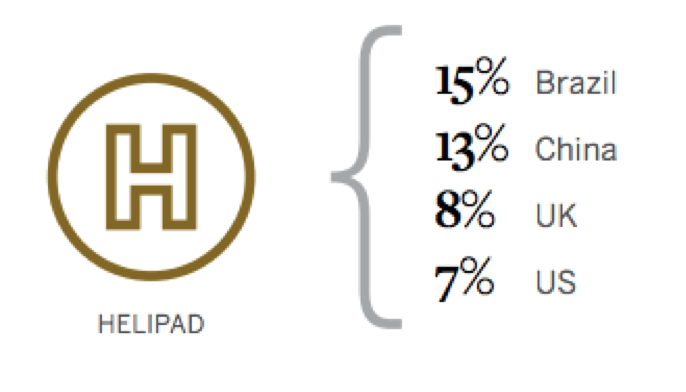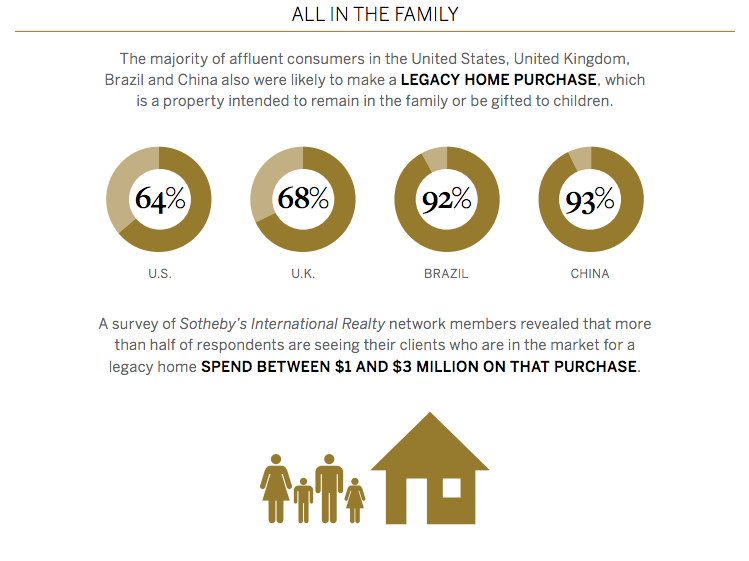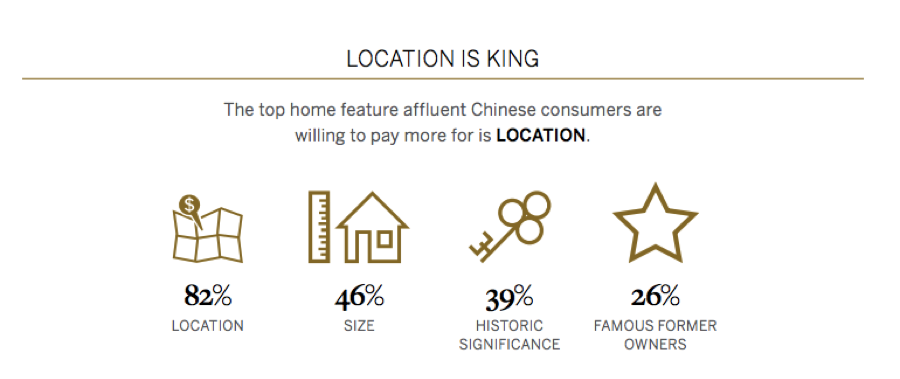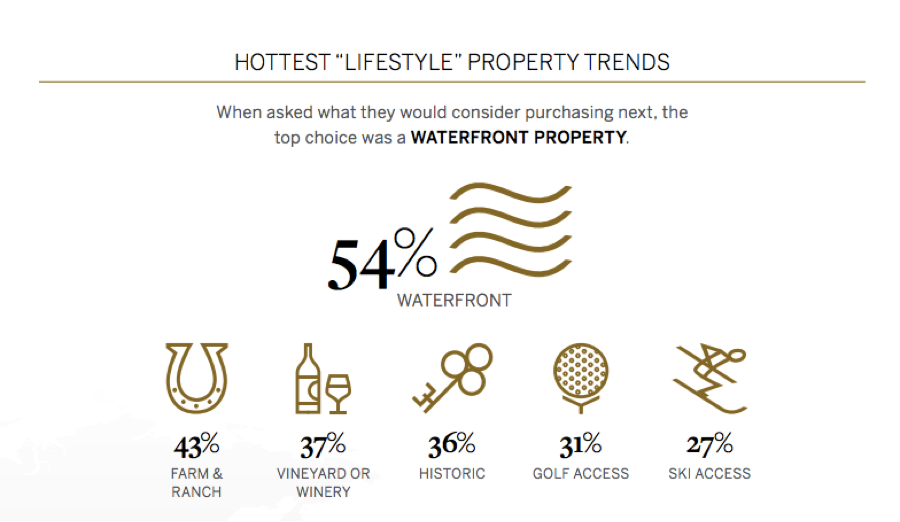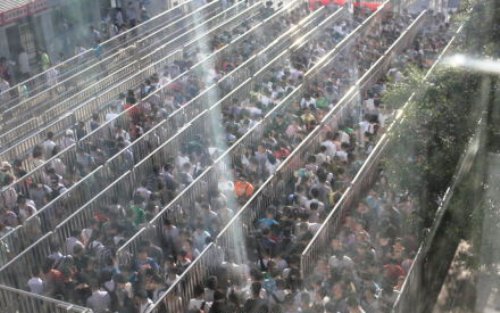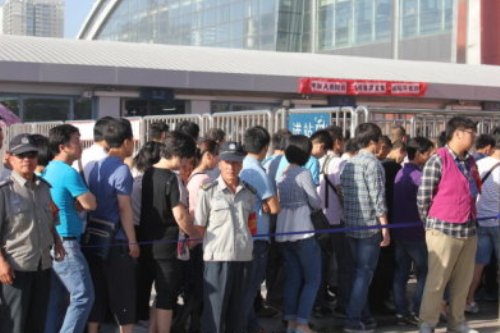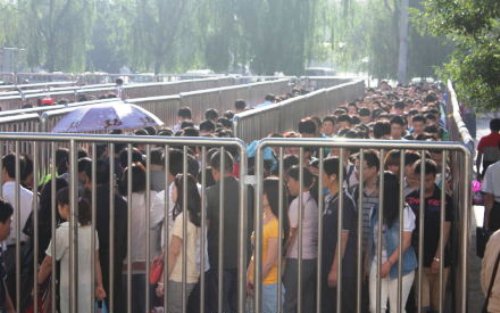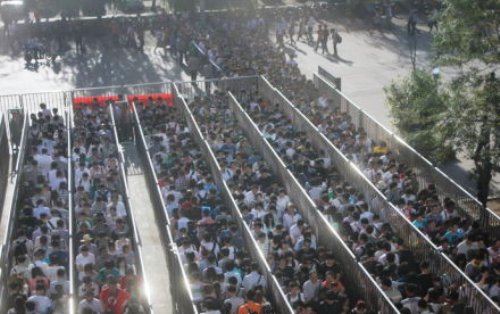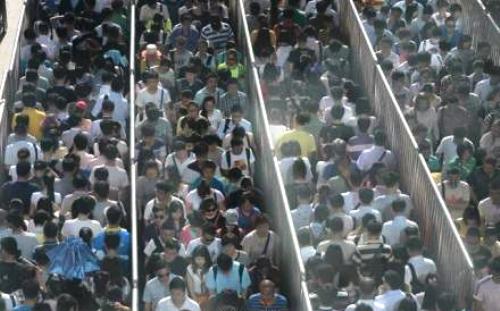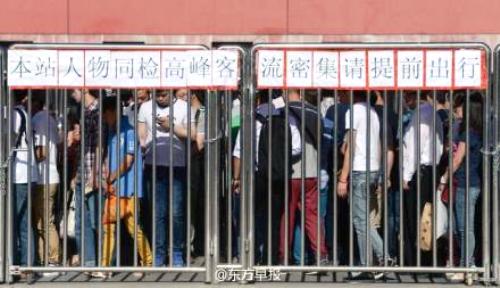The cost of holding a wedding has increased globally, but nowhere more so than here in China. Chinese youth are now spending over RMB 200,000 (US$32,000) to get married, according to 2010 statistics, a massive increase over what was spent just a few years ago.
In China, the groom is the one who traditionally pays for weddings. In fact, he’s also responsible for buying a home, car, and giving a substantial sum to the bride’s family that can range anywhere from RMB 10,000 to RMB 1 million or higher. Because few men have this kind of cash on hand, people are joking we’re in an age of “daddy competitions” because the groom’s family is increasingly likely to foot the bill.
The cost of getting married has increased dramatically over the past 40 years in China. In the 60s, couples needed only a bottle of good Chinese white wine, two sets of Maoism books and their family, closest friends and co-workers. Guests would have tea and candies and the cost wouldn’t exceed one person’s monthly salary, around RMB 20 to RMB 30.
In the 70s, the cost of getting married increased to almost RMB 1,000, with most of it spent on making furniture (RMB 400) and a wedding lunch at a factory canteen with co-workers, friends and family. An average factory worker needed to work for about two years to pay for the wedding.
The big leap came after Deng Xiaoping launched the opening up policy. The cost of getting married in the early 80s was around RMB 3,000 to RMB 5,000, with a big chunk of it spent on a color TV (RMB 1,800) and a big wedding celebration with food and drinks in a local restaurant (10 tables for around RMB 600). In the late 80s and early 90s, a honeymoon somewhere in China became popular for newlyweds who had the financial wherewithal. That cost another RMB 1,000. The cost of getting married was about three to four years’ worth of the groom’s salary, which was still considered reasonable.
In the late 90s, as Chinese became more exposed to the outside world, a celebration at a local restaurant was no longer good enough; it had to be in a luxury hotel, preferably a foreign hotel. A soft bed and western style beddings were a must to make the bride and her parents happy. Gold accessories became a must-have in the 90s; the groom’s family had to bring gold necklaces, a gold ring and a pair of gold earrings to the bride when they came to ask for permission from the bride’s parents. The cost of the “old three gold sets” cost the groom RMB 3,000. With RMB 5,000 for the celebration in luxury hotel, gold sets and a western style bed and beddings, the cost easily passed the RMB 10,000 level.
There were other requirements, too. A western style wedding photo set was considered upscale and luxurious. Moreover, a team of luxury cars to pick up the bride on the morning of the wedding was also a way to show family status and wealth. The cost of getting married in the 90s was about four or five years’ worth of the groom’s salary.
Things however really got crazy in the new millennium. Chinese people have officially entered the age of comparing their dads’ net worth. Now brides’ families say: Want to marry my daughter? You have to have an apartment in the city, you have to have a proper city hukou (identity card)…. Okay, you’ve met all of the requirements? Good! Now bring RMB 10,001 (no more no less), this is according to Feng Shui!
A wedding celebration now costs about RMB 8,000 at the lower end. If you want a fleet of cars, a ceremony and a host with a meal for family and friends, the cost will be around RMB 30,000 to RMB 40,000. Then there’s the honeymoon, wedding dress and other treats that push the cost even higher.
The cost of a wedding varies nowadays in China, and is largely dependent on the net worth of the groom’s father. For an ordinary person in major cities, the cost now easily exceeds RMB 200,000 ($32,900). That means the groom – and his father – need to work harder and put aside even more money to get the bride’s consent.
Sina compiled the data based on a survey. You can read the report in Chinese here.

Home page photo credit: JingDaily









